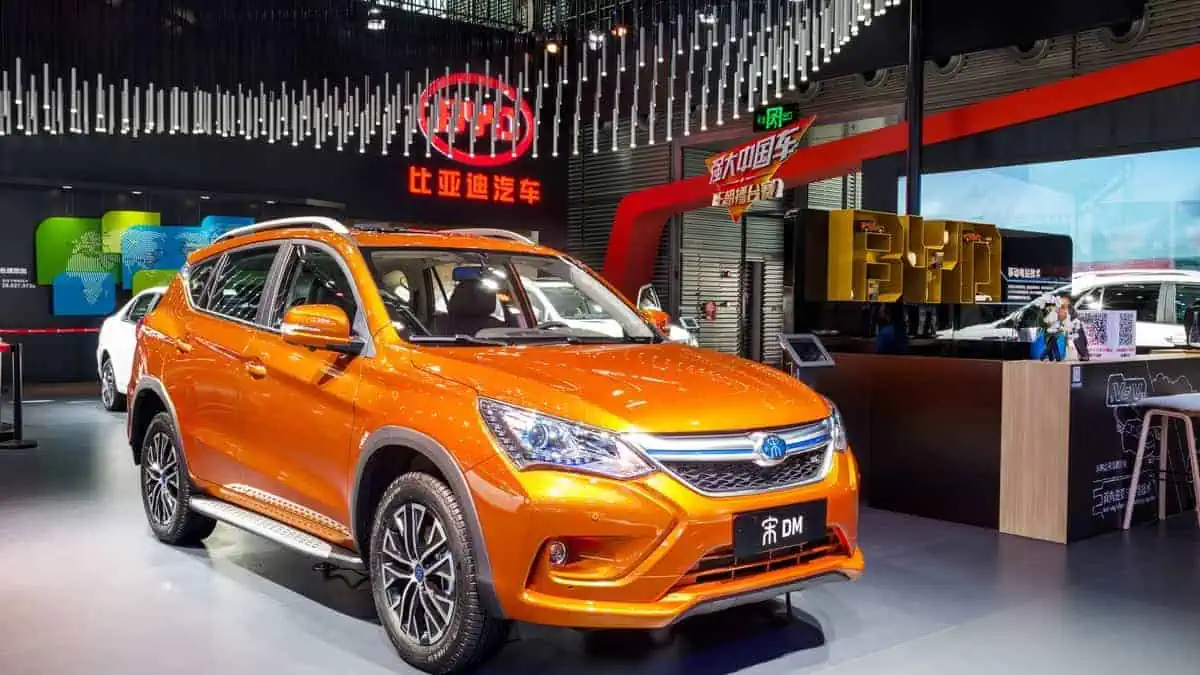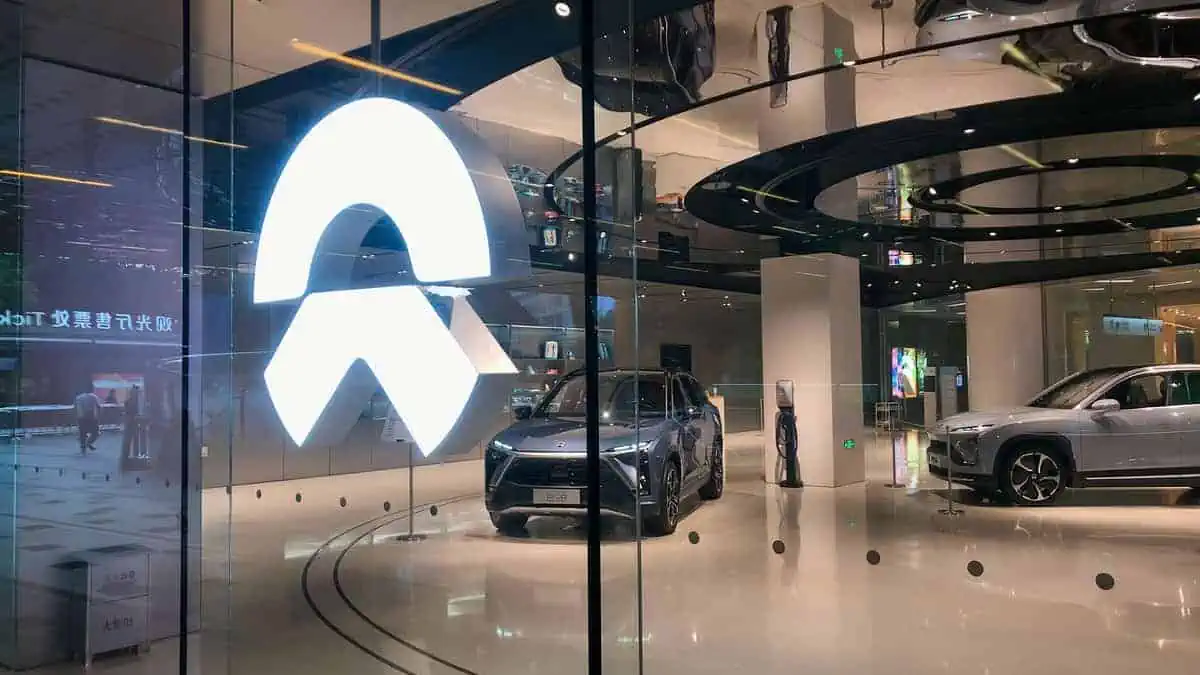Chinese electric automakers’ exports to the European Union achieved a new record high in October despite the ongoing anti-subsidy probe in their cheap model offerings, South China Morning Post.
China’s export records – October 2023
Chinese brands’ EV exports to the region increased 32.25% year-on-year to over $2 billion for the first last month, SCMP reported, citing calculations on Chinese customs authorities’ latest data.
The figure also represents a nearly twofold growth in shipment value from September 2023.
This surge in Chinese EV exports is undoubtedly impressive, considering the current investigation of Brussels officials into the alleged hefty government subsidies for Chinese brands. It is an important measure for the EU as the increasing number of cheap Chinese EVs continue to overthrow European brands.
Prevailing concerns
The EU also cited the prevailing “overcapacity” in China’s electric vehicle production due to waning demand. This issue results in the increasing number of Chinese EV exports to the region which are ridiculously cheaper than locally-made models.
According to the EU Chamber of Commerce President Jens Eskelund, China currently has a car production capacity of 50 million units. However, local demand is only 23 million units.
“I am nervous that on the current trajectory we will see much more of this. I’m afraid that sparks will fly in 2024 and that’s the reason we say we need to talk about it now, before things get out of hand.”
Jens Eskelund, EU Chamber of Commerce President
The European Commission President also reiterated the overcapacity issues they observe in the world’s largest automotive market, saying that Chinese EV exports to the region adversely affect the market and its local brands.
“There is clear overcapacity in China, and this overcapacity will be exported. Especially if overcapacity is driven by direct and indirect subsidies. This will worsen as China’s economy slows down, and its domestic demand does not pick up. This distorts our market. And as we do not accept distortion from the inside, we should not accept it from the outside either.”
European Commission President Ursula von der Leyen
Subsidy probe
The European Commission released an official notice of initiation on October 4 this year for the planned anti-subsidy probe against China’s EV exports to the EU.
European Commission President Ursula explained that the move is part of the EU’s wider efforts to ensure their competitiveness as the “‘global market is flooded with cheaper electric vehicles the price of which is kept artificially low owing to huge state subsidies.”
According to the European Parliament, the investigation may prompt the EU to impose countervailing tariffs on China’s EV exports to the region to offset state subsidies.
Notably, the anti-subsidy probe is currently focused on BYD, SAIC Motor and Geely. It is unsurprising, given that SAIC is a state-owned legacy brand. Meanwhile, BYD and Geely are private companies established in 1995 and 1986, respectively. That said, these three brands pose the highest possibility of gaining more direct government subsidies in the past few decades than foreign brands selling in China like Tesla.
For context, Tesla is currently the biggest EV exporter of EVs from China to the EU owing to its Giga Shanghai’s production prowess.
“The commission’s decision to exclude from the sample the by far largest exporting producer is entirely unprecedented and untenable.”
Tesla’s lawyer wrote to the European Commission
The increasing dominance of Chinese electric automakers in the global market strongly demonstrates the customers’ preference for low-cost models. EVs from Chinese brands have also been advancing in terms of technologies and quality, giving customers a wide range of options.






